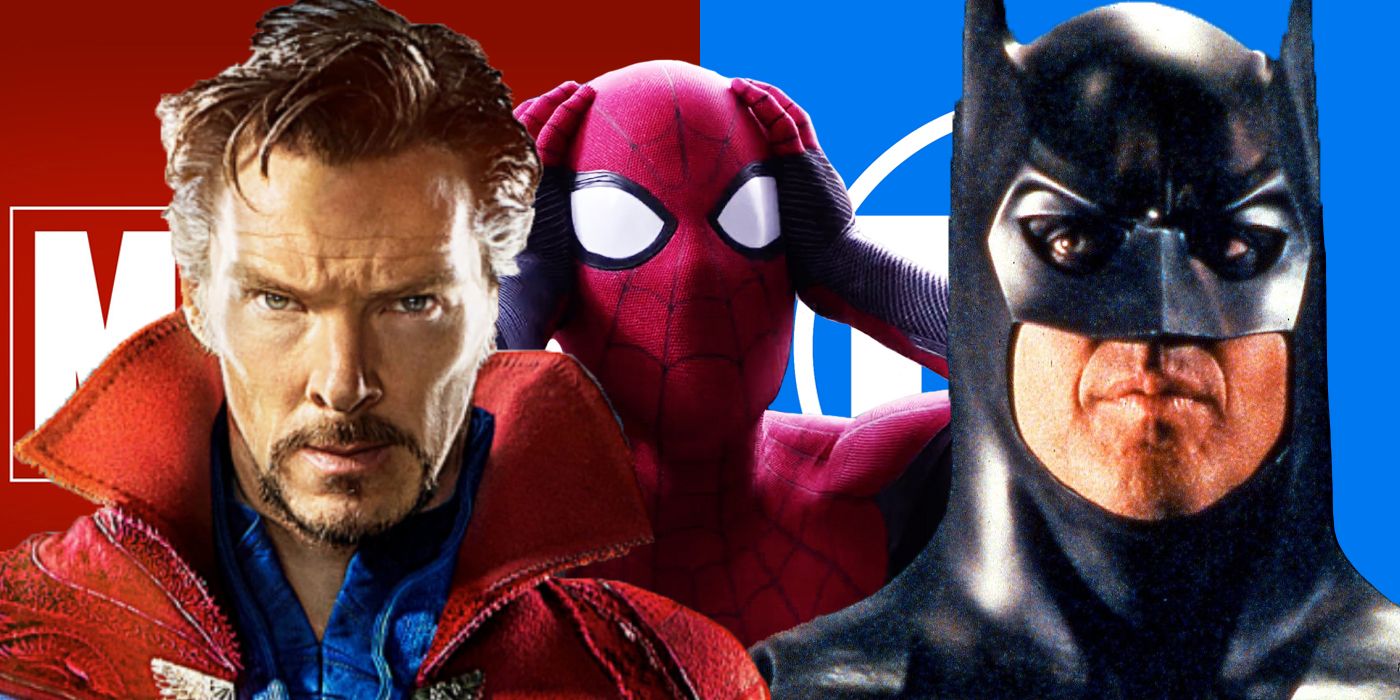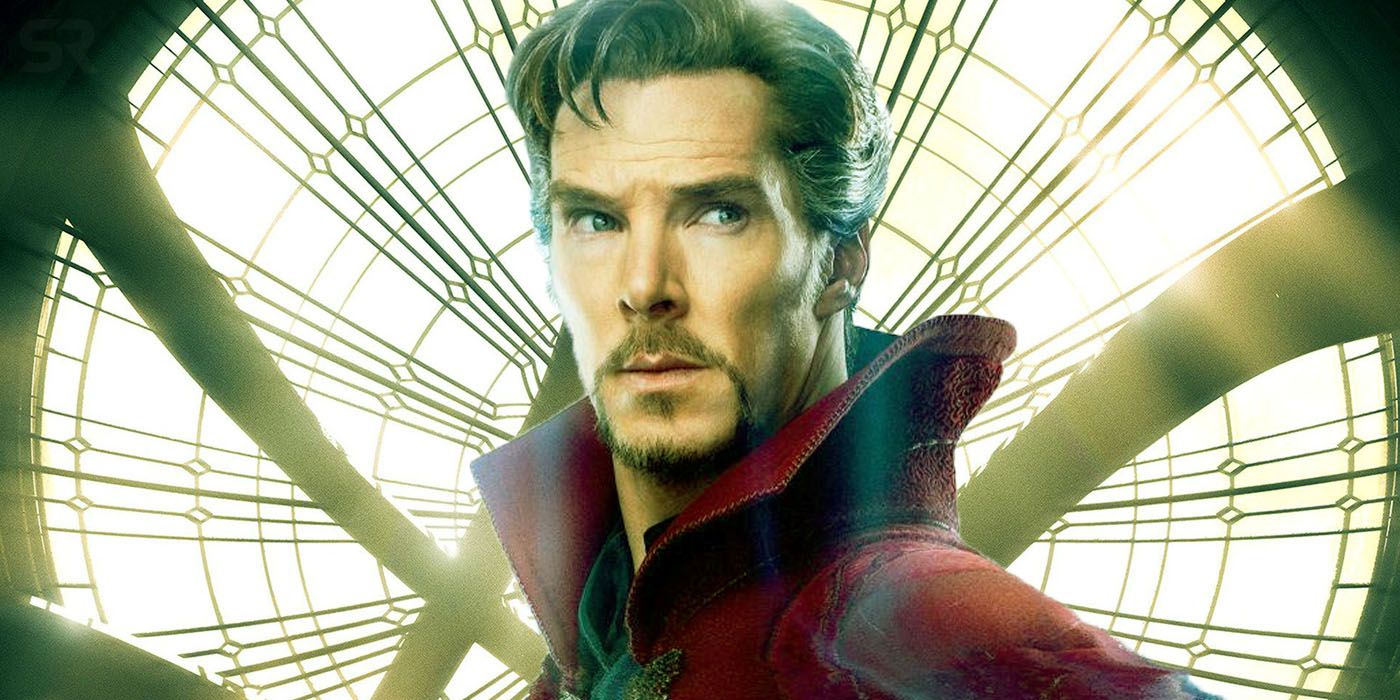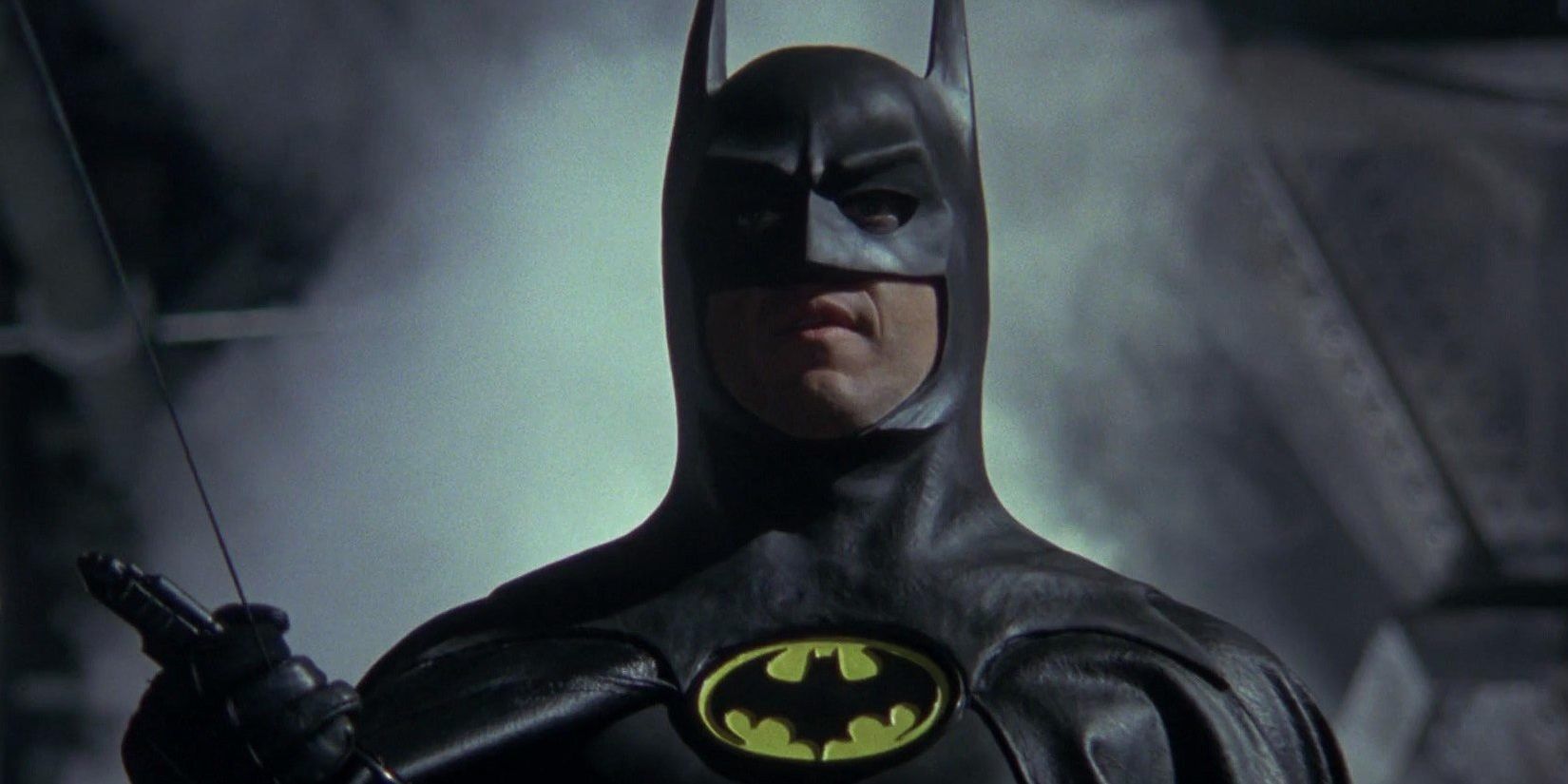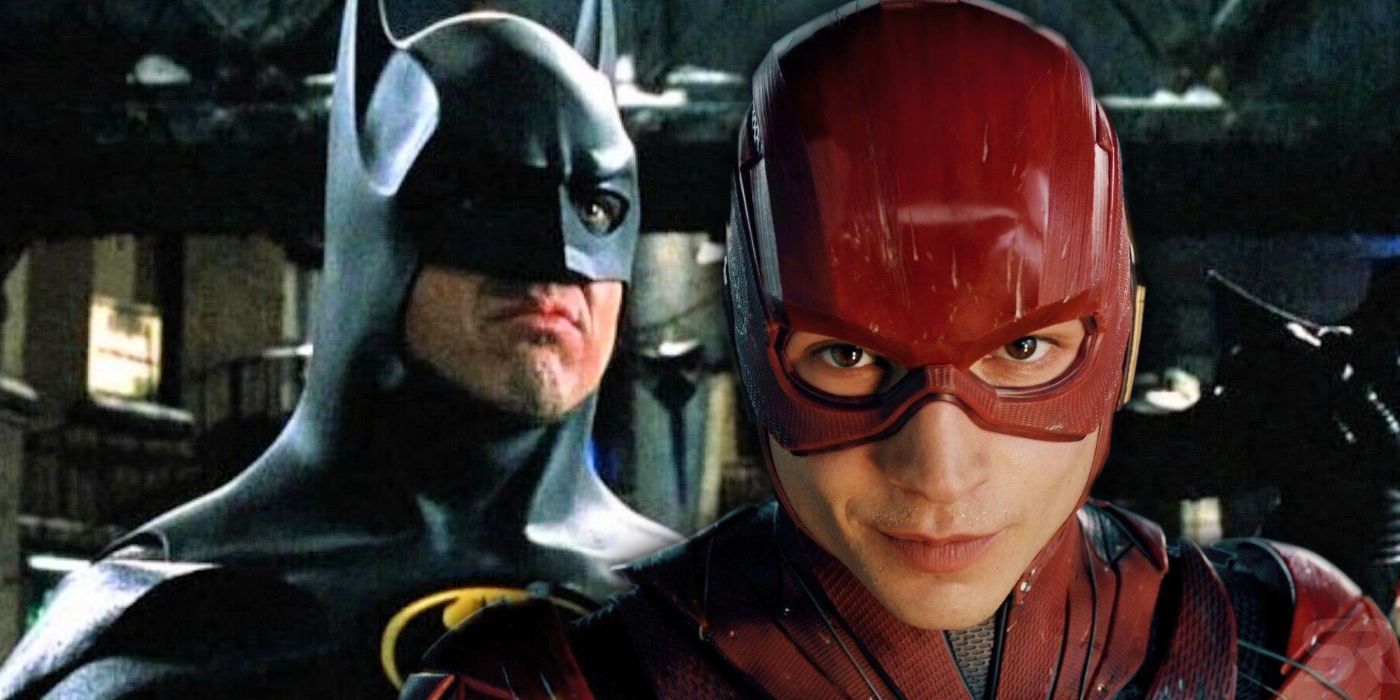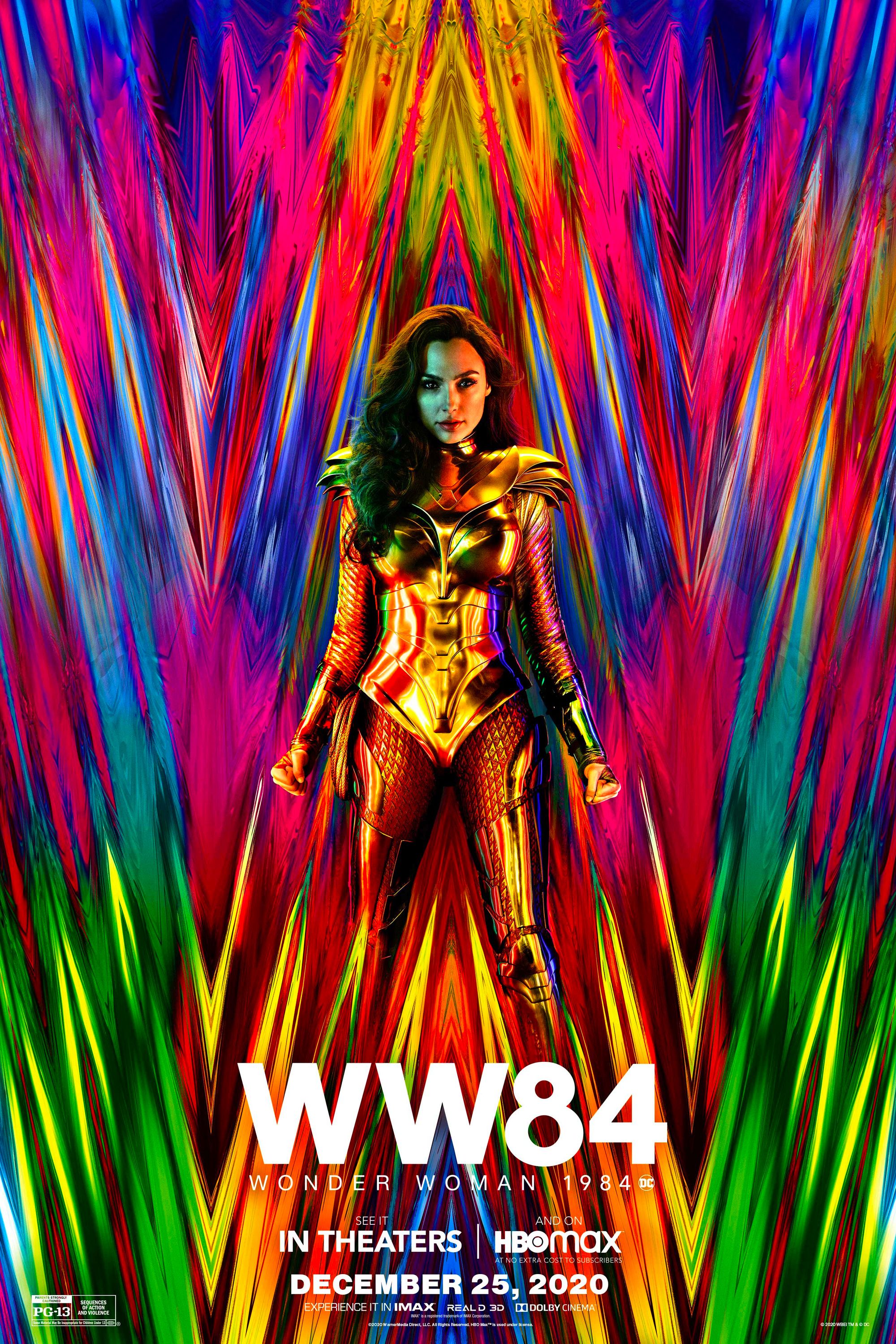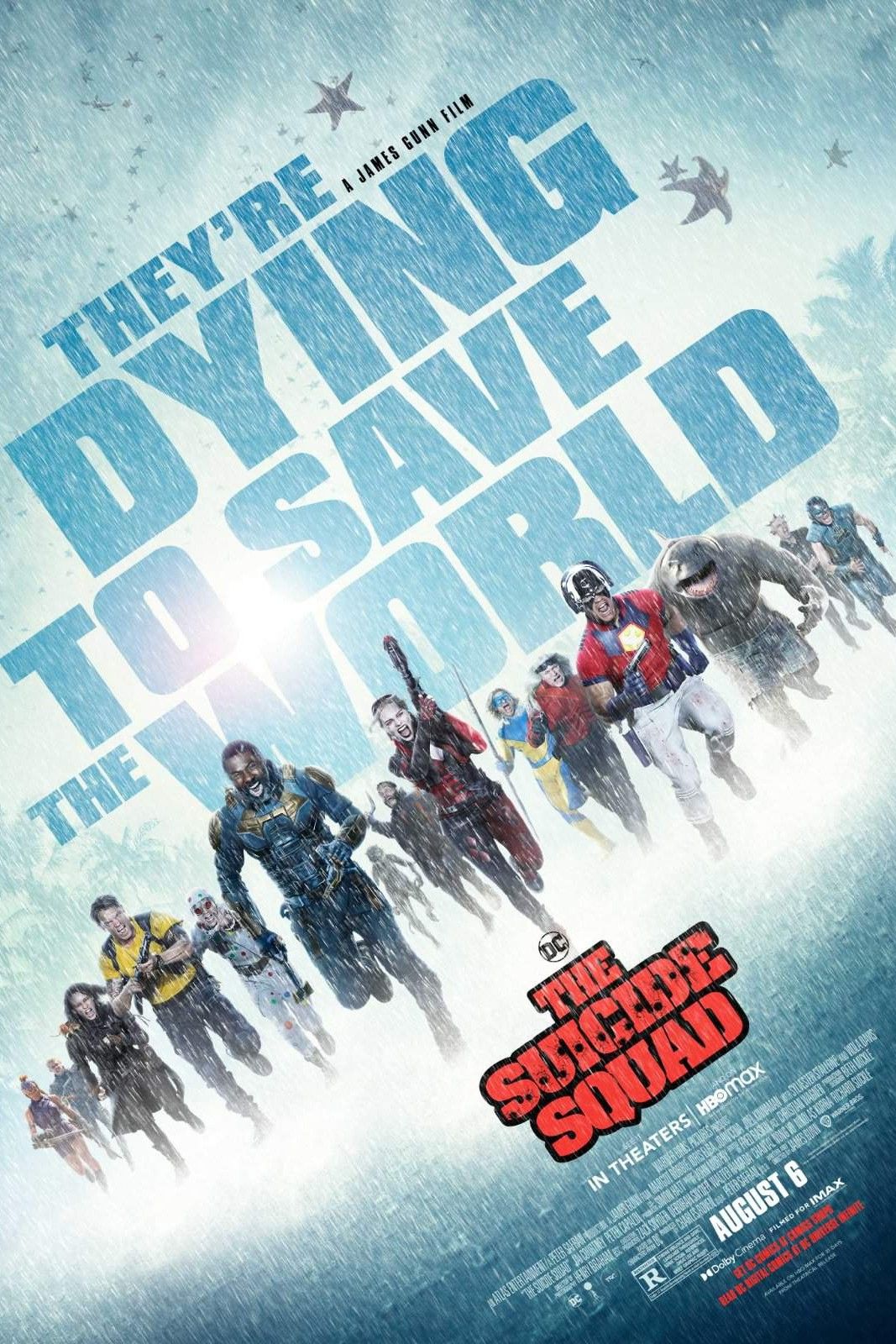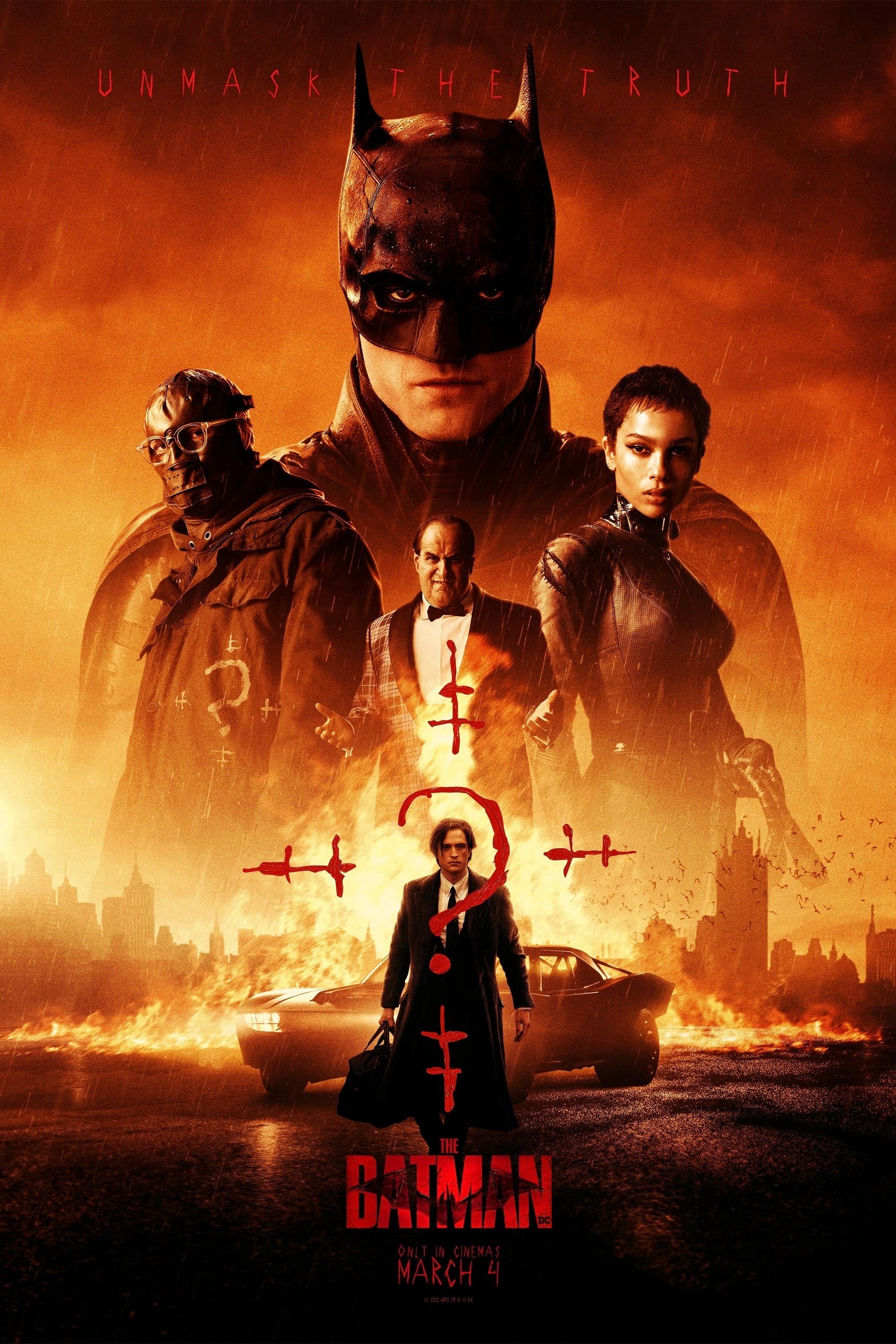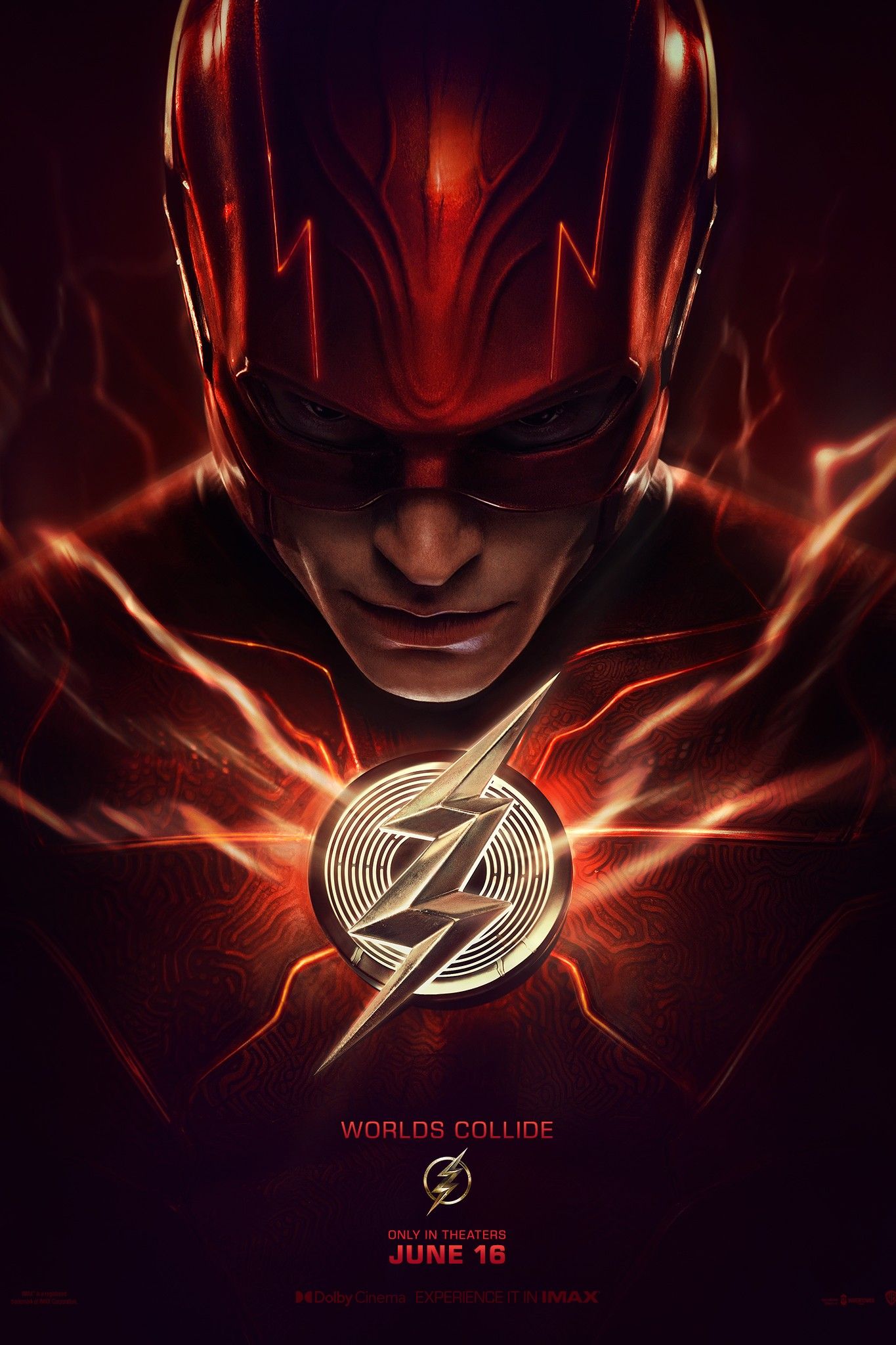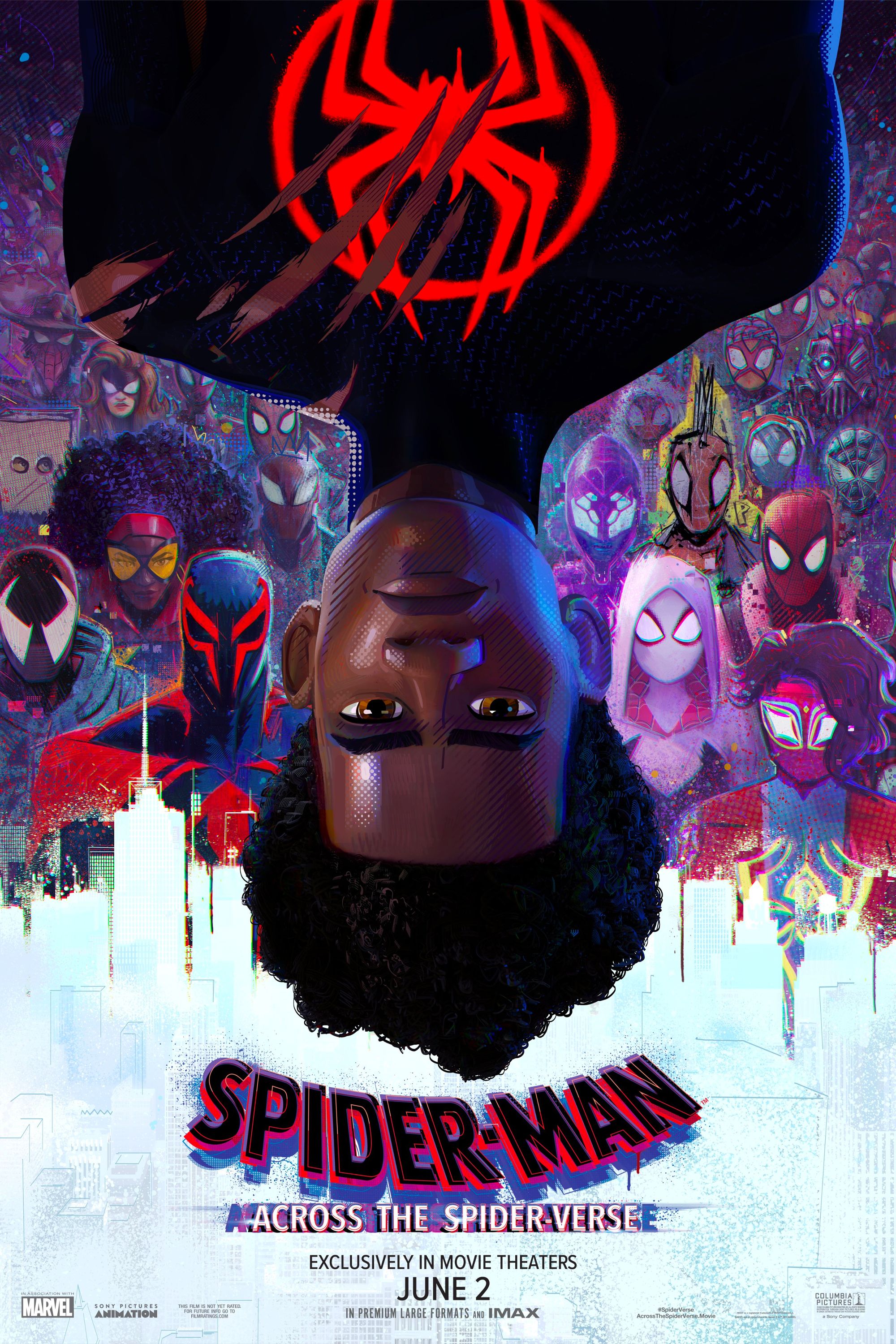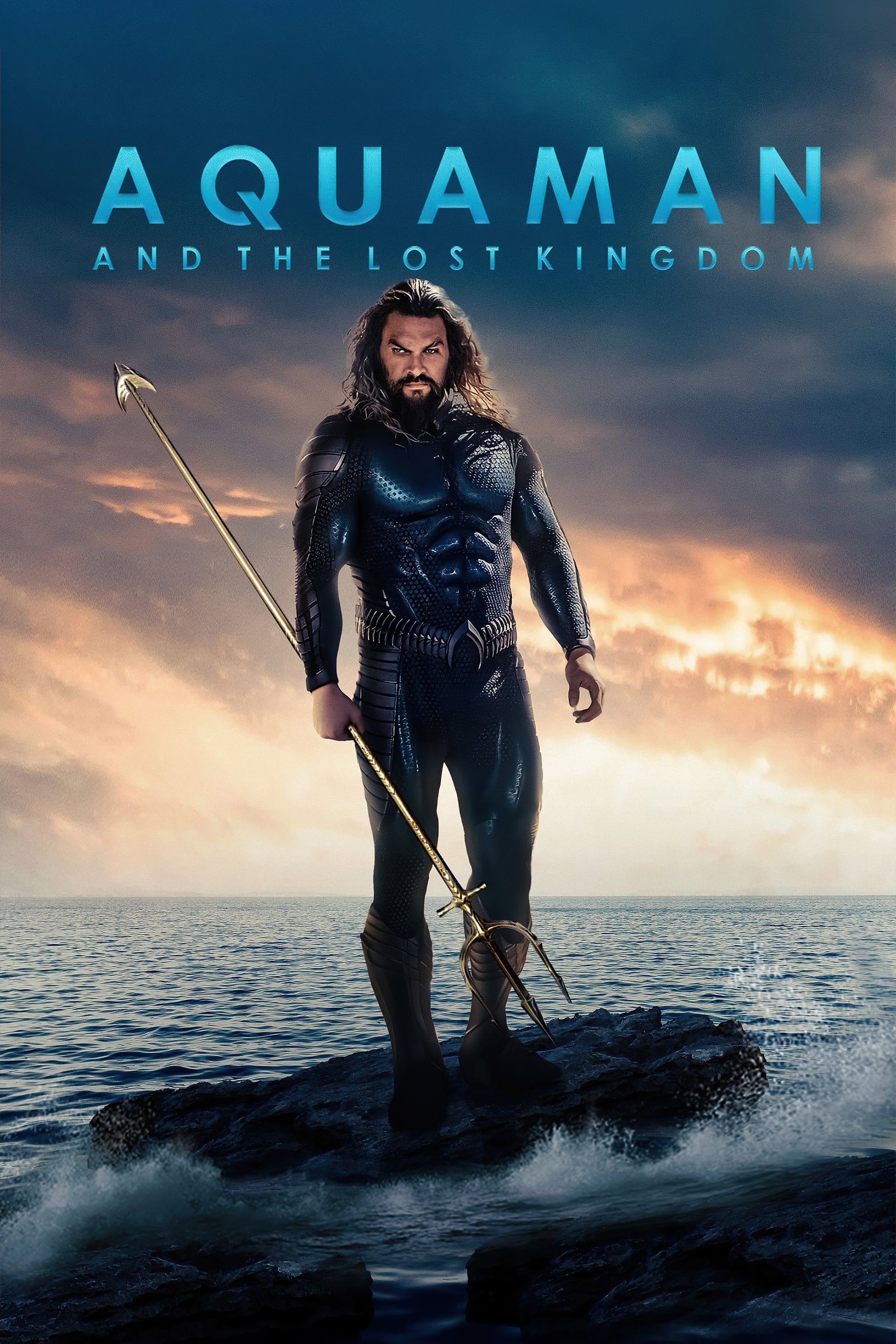In 2022, both the Marvel Cinematic Universe and the DC Extended Universe are launching Multiverses with Doctor Strange and the Multiverse of Madness and The Flash, which will set up a complex but exciting new future for their movie franchises. Superhero films have become the most dominant movie genre, thanks in large part to the unprecedented success of Marvel Studios since launching the MCU with Iron Man in 2008. DC Films has had more high-profile misses than genuine hits, but they recently found a stronger footing after the billion-dollar successes of 2018's Aquaman and 2019's Joker. However, in the 2020s, the superhero movie is undergoing its most radical change ever: the introduction of the Multiverses.
Marvel's status as the king of superhero movies was earned because their ambitious, multi-film plan to build towards the first superhero team-up movie, 2012's The Avengers, worked seamlessly. Marvel pioneered the superhero shared universe and changed the game, forcing every other studio to keep up and try to create their own cinematic universes, most of which fell by the wayside. Marvel's strategy continued to reap even greater dividends throughout the 2010s as their Phase 2 and Phase 3 films built towards 2018's Avengers: Infinity War and 2019's Avengers: Endgame, the latter becoming the highest grossing movie of all time. DC Films abandoned Zack Snyder's vision for their cinematic universe after the poor reception of 2016's Batman V Superman: Dawn of Justice but their course-correction resulted in 2017's disastrous Justice League, which became the lowest-grossing DCEU film at the time. However, de-emphasizing the shared universe gave DC hits like 2017's Wonder Woman, Aquaman, and Joker, so DC began embracing stand-alone superhero movies with strong visions from directors.
Marvel's wildly successful pioneering of the shared universe changed what had been superhero movies' status quo since Richard Donner's Superman: The Movie in 1978. Formerly, each superhero existed in their own closed-off movie universe, meaning that although Superman and Batman lived in the same DC Comics universe, in their films, there was no chance Christopher Reeve's Man of Steel could meet Michael Keaton's Batman from Tim Burton's 1989 blockbuster. Instead, the MCU brought genuine, comic-book-style storytelling to movies, and audiences embraced it all, largely because fans fell in love with the characters like Steve Rogers a.k.a. Captain America (Chris Evans) and Tony Stark a.k.a. Iron Man (Robert Downey Jr). Marvel's gamble that movie audiences would be able to keep up with their superheroes crossing over within their movies was proven correct. Even DC's recent, more stand-alone films like 2019's Shazam and 2020's Birds of Prey had mentions of the greater shared universe, albeit with a lighter touch.
But in the 2020s, both Marvel and DC are poised to reinvent the superhero movie genre again by launching their individual Multiverses. Amusingly, both brands are playing a bit of catch up because Sony's Spider-Man: Into the Spider-Verse, which was an Academy Award-winner, introduced fans to the idea of different Spider-Men from different realities teaming up together in 2018. On TV, The CW's Arrowverse introduced the DC Multiverse on The Flash and went all-in with 2019's mega-crossover "Crisis On Infinite Earths." However, this ready familiarity will likely help Marvel and DC, which has already planted the seeds for their Multiverse plans that will now launch in 2022.
Marvel Studios And DC Films Are Both Launching Multiverses In 2022
The Marvel Multiverse is set to launch with the fittingly-titled Doctor Strange and the Multiverse of Madness, directed by Sam Raimi. It makes perfect sense that the Sorcerer Supreme played by Benedict Cumberbatch gets to anchor the Multiverse in the MCU since it was Strange who indicated that multiple realities existed, both in his 2016 debut film and in Avengers: Infinity War when he told Iron Man of the 14,000,604 realities where the Avengers inevitably lost to Thanos (Josh Brolin) versus only one where the heroes triumphed. The Multiverse was further teased in 2019's Spider-Man: Far From Home, although it turns out Mysterio (Jake Gyllenhaal), who claimed to hail from a different universe, was a fraud.
DC comics boasts the original comic book Multiverse, but the DCEU films haven't been as overt about simultaneous existing realities. Instead, it was the Arrowverse on TV that established the DCEU films live within a Multiverse when Ezra Miller's movie Flash cameoed in Crisis On Infinite Earths and met the TV Flash played by Grant Gustin. However, the recent announcement that Michael Keaton is in talks to play Batman again in director Andy Muschietti's The Flash movie strongly hints at a Flashpoint-like storyline, wherein the Scarlet Speedster visits other realities, including the Gotham City Tim Burton's movies introduced in 1989's Batman and 1992's Batman Returns.
How Each Multiverse Will Be Established
Marvel's Multiverse plans have been in motion for some time; while Doctor Strange and the Multiverse of Madness will be the Multiverse's coming out party on the movies' side, Disney Plus' upcoming Marvel TV series are going to be playing with the Multiverse a great deal. WandaVision, starring Elizabeth Olsen's Wanda Maximoff a.k.a. Scarlet Witch and Paul Bettany's Vision, looks like it will present multiple realities of Vision and Scarlet Witch married and living together, which also sets the stage for Scarlet Witch's role in Doctor Strange and the Multiverse of Madness. Further, the Loki series starring Tom Hiddleston will also see the God of Mischief bouncing around different realities after the 2012 version of the trickster escaped with the Space Stone in Avengers: Endgame. The animated series Marvel's What If? will also present different versions of the MCU, like a reality full of Marvel zombies and another where Peggy Carter (Hayley Atwell) became the Super Soldier instead of Steve Rogers.
DC's plans are just starting to be revealed, but they could prove to be equally ambitious since Michael Keaton's role as Batman in The Flash is believed to be the first of multiple appearances in other DCEU films. Further, Keaton's Batman is said to be the DCEU's equivalent to the MCU's Nick Fury (Samuel L. Jackson): a hero who brings other heroes together. This hints at a bigger, unrevealed master plan in the works, which would be a cause to unite heroes from different realities. The Flash movie has been in development for years, but most versions of it have been an adaptation of the 2011 Flashpoint storyline where Barry Allen's time-traveling inadvertently created a different and darker reality, which then led to the launch of DC's rebooted New 52 Universe. However the DCEU Multiverse ultimately shakes out, it will start with 2022's The Flash, and Batman is planned to be a central figure.
What Multiverses Mean For MCU And DCEU's Futures
The success of DC and Marvel's Multiverses will, naturally, depend on the execution and how well everything is planned out - something Marvel has a proven track record of success in. Of course, there's also the possibility of burning audiences out by creating too much confusion; after all, the MCU has succeeded largely because they focused on their characters first and spectacle second. For their part, DC has a lot of ground to cover to prove to fans they can pull off Marvel-style team-ups and integration in their movies since their greatest successes have been standalone fare like Wonder Woman, Aquaman, and Joker. However, DC does have an advantage Marvel lacks: multiple movie versions of their core characters Batman and Superman. Although, Sony's Spider-Verse plans include another animated Spidey team up along with expanding the universe with Venom 2 and Morbius.
Ultimately, Multiverses will be a huge game-changer for both Marvel and DCEU films in this coming decade, and they will be the next evolution of the superhero movie genre. The MCU has already taught audiences to accept superheroes crossing over into each others' movies and teaming up together to face an epic threat, plus Avengers: Endgame seamlessly wove in a time-travel story that didn't confuse fans and was an incredibly entertaining homage to the MCU's past. For Marvel and DC, introducing Multiverses just expands the potential even further: for instance, instead of different superheroes teaming up, it could mean different versions of Batman and Superman from different movies teaming up - a mindblowing novelty that could prove impossible for fans to resist. In Marvel and DC's Multiverses, scenarios that seemed unthinkable will now be possible.

